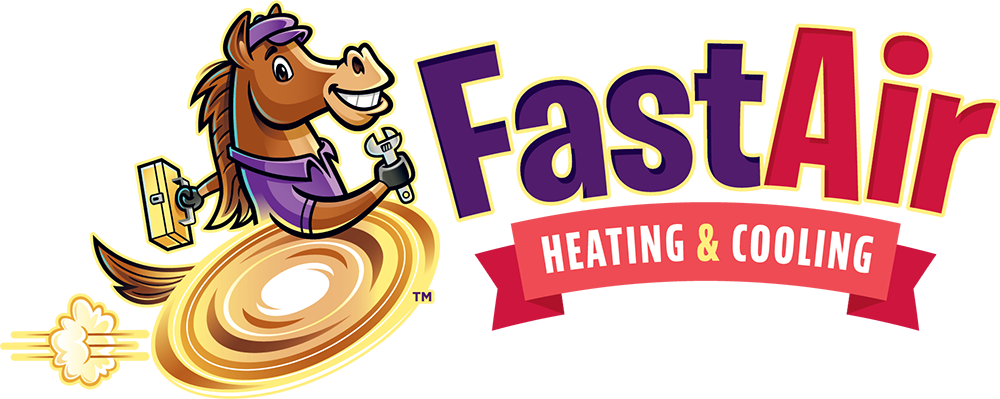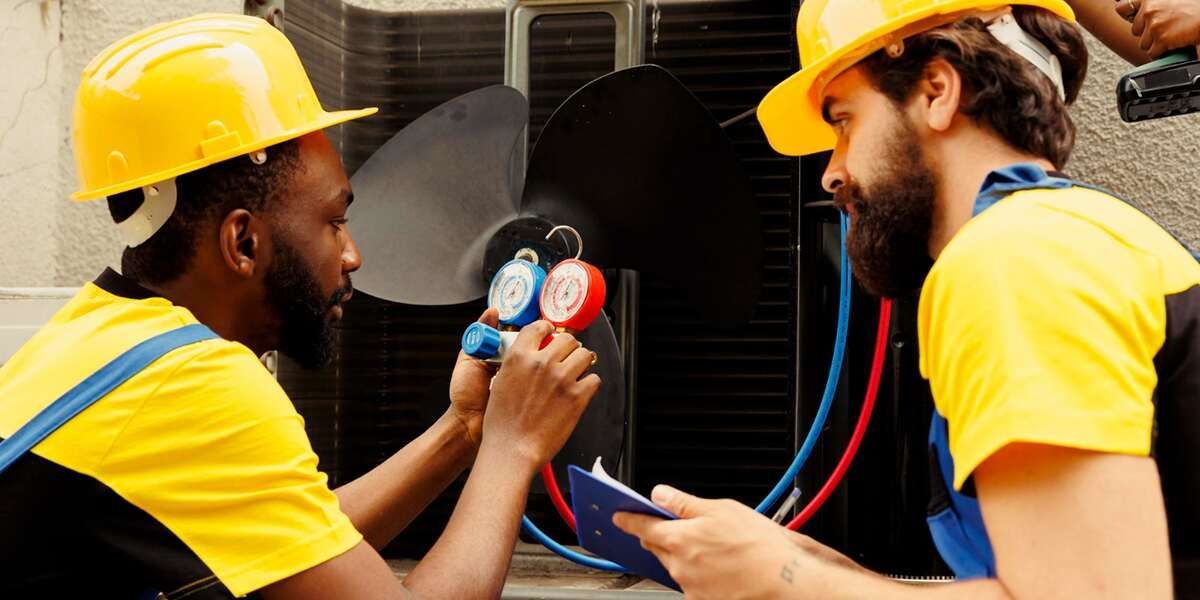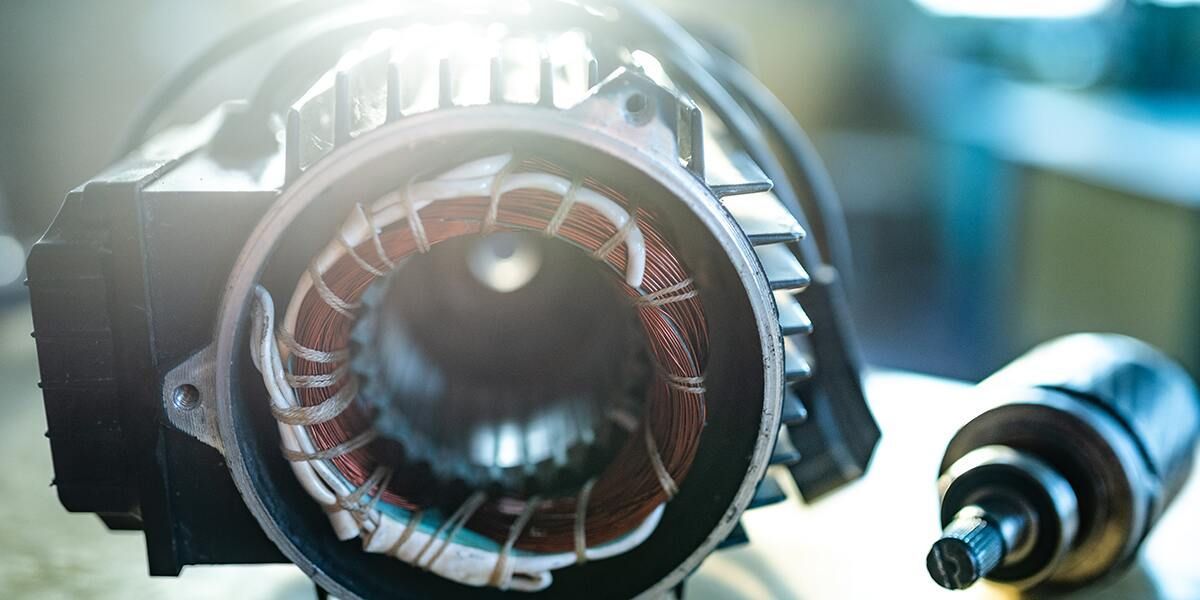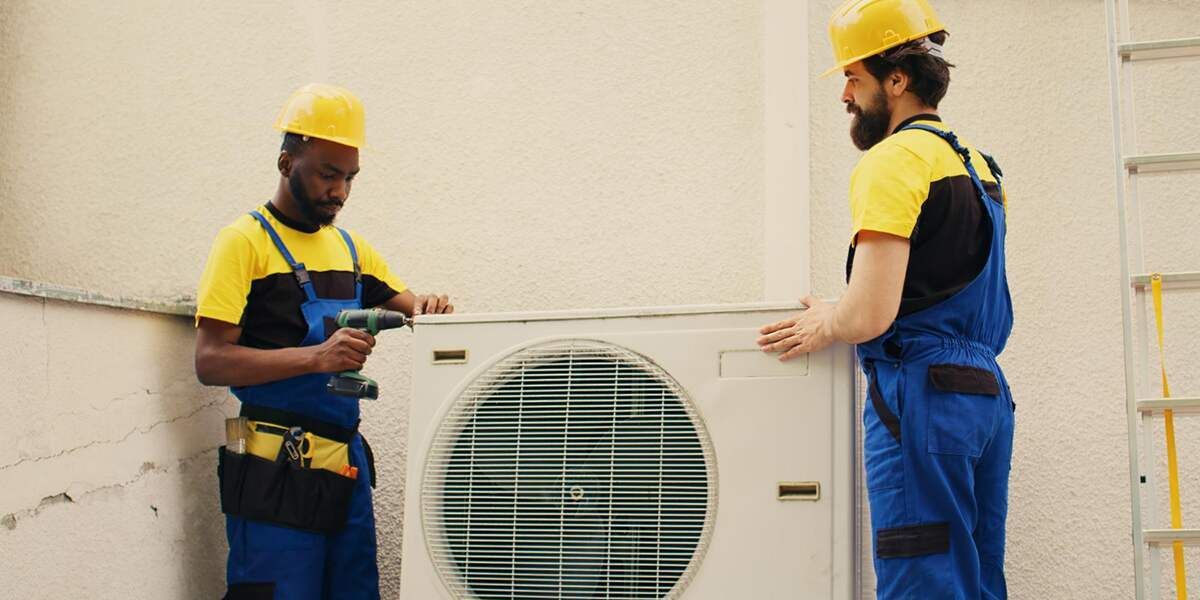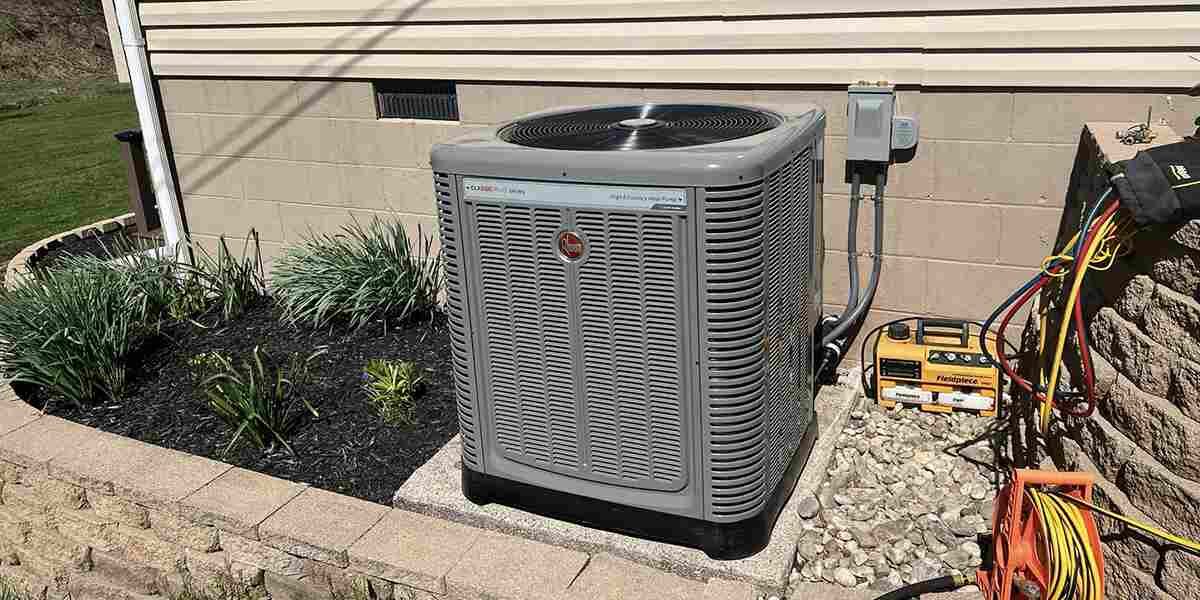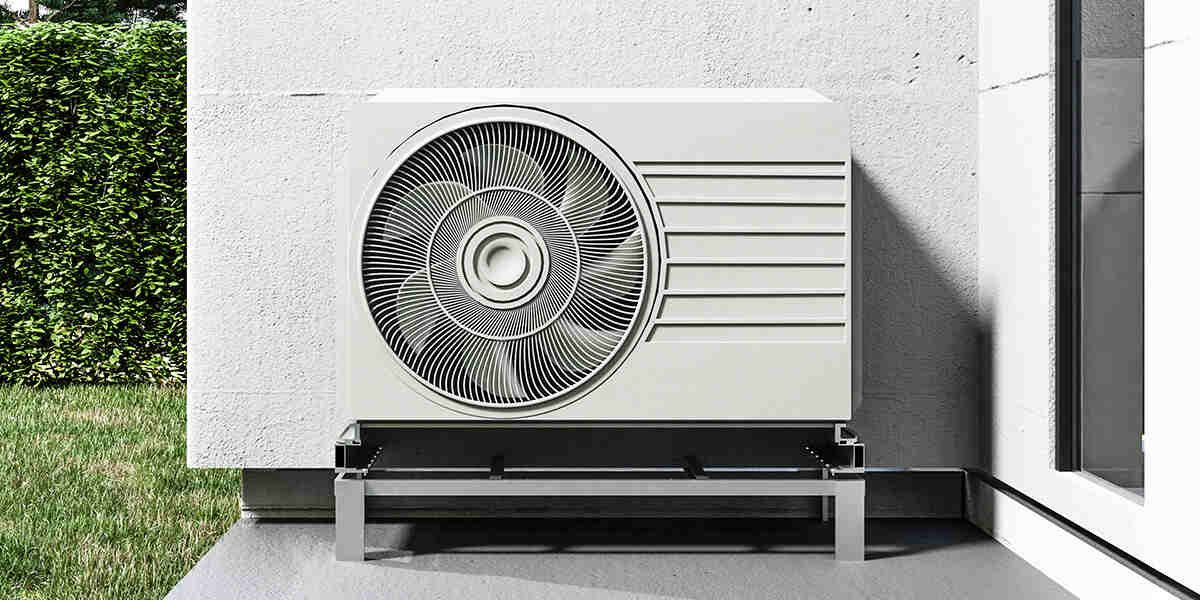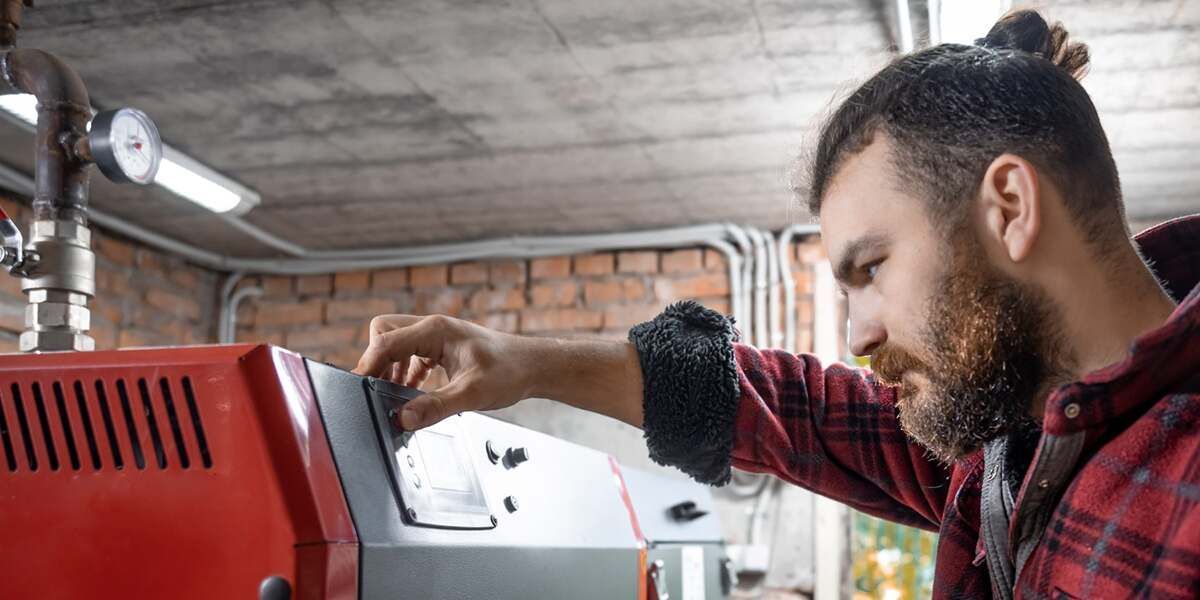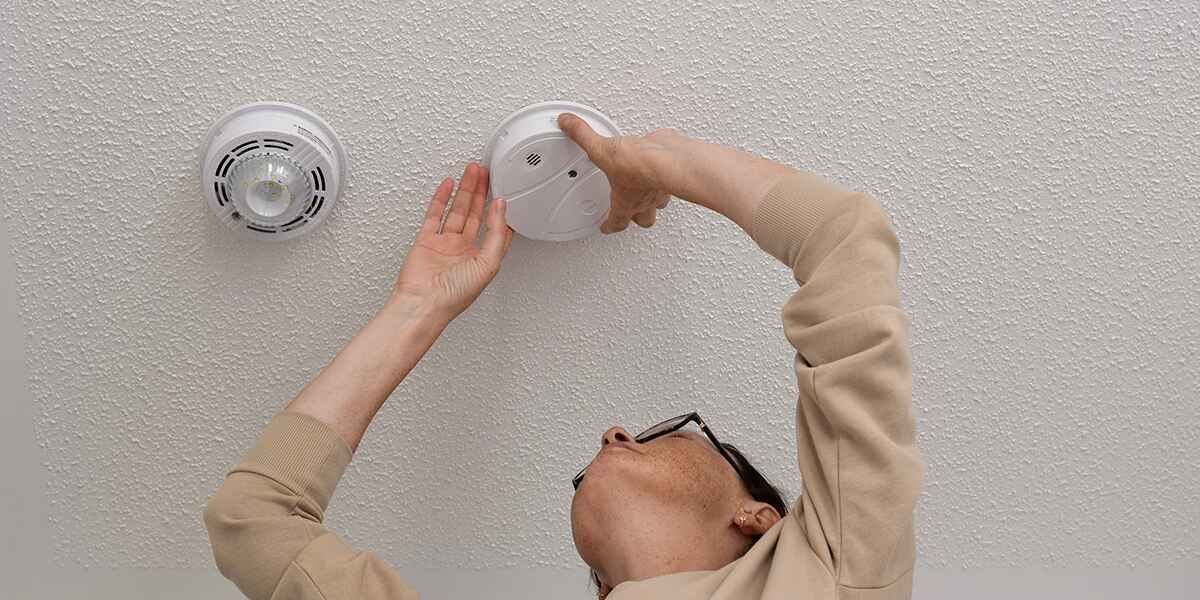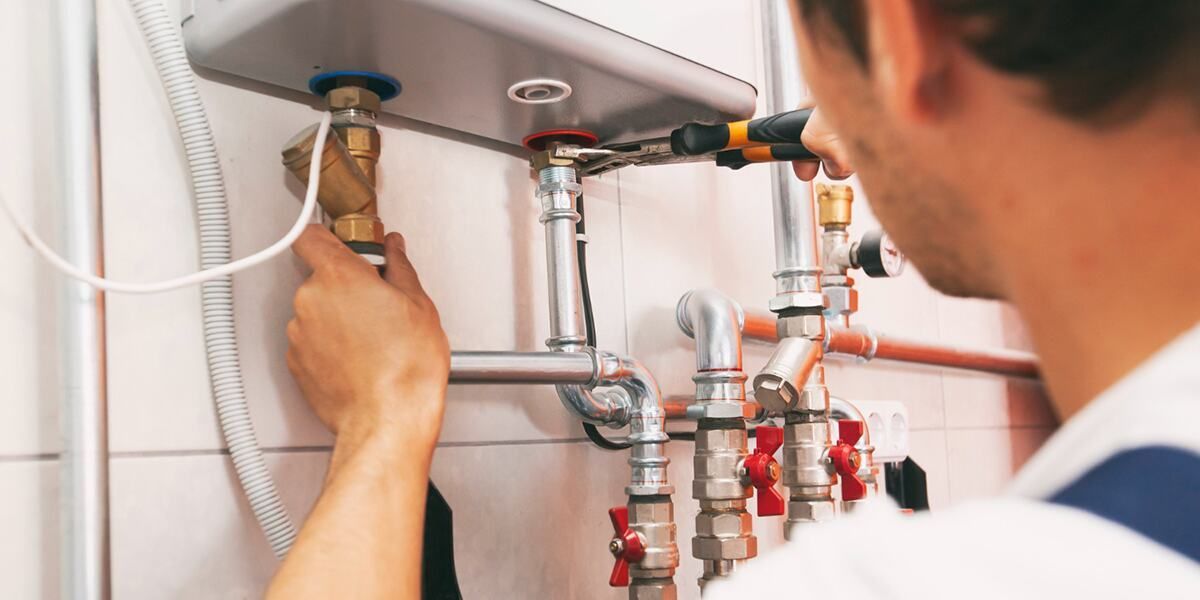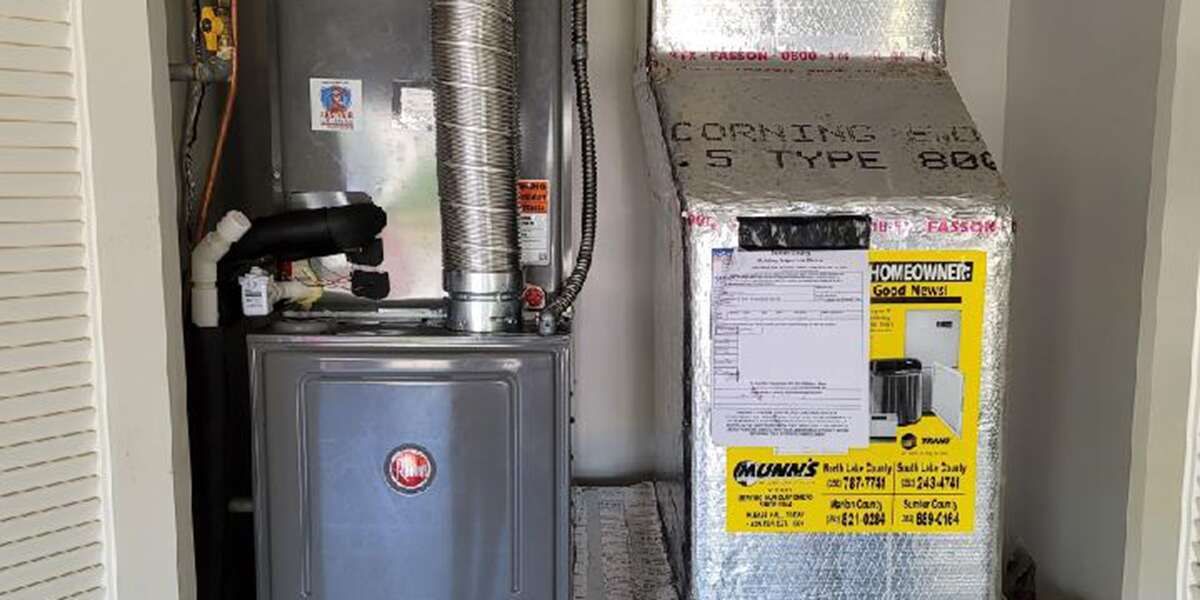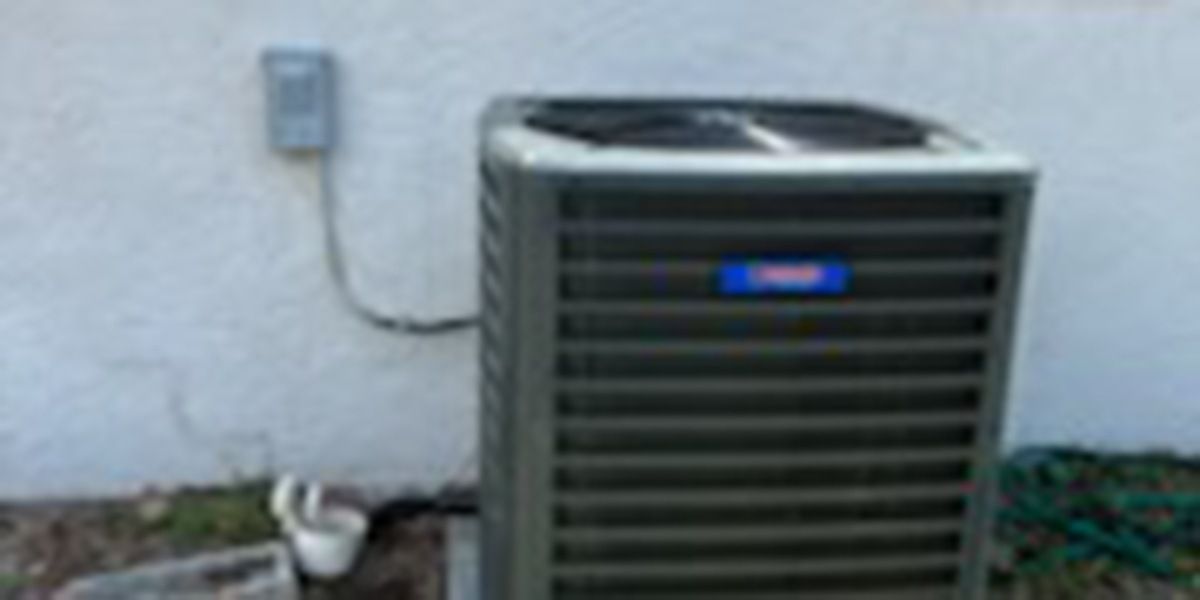EMERGENCY SERVICE AVAILABLE
What Size Air Conditioner Do I Need?
Have questions about how best to cool your home? Call Fast Air Repair at 352-290-7968 to get answers and schedule service.
When looking for a new air conditioner for your home, you'll likely consider specific brands and styles that fit your budget. However, air conditioner size is a factor many often forget to include in their decision-making process. Installing an air conditioner that's too small or too big for your home could lead to serious energy consumption and comfort issues.
You might ask yourself, "What size air conditioner do I need?" The answer is not as simple as "small, medium, or large."
For an improperly sized air conditioner, you can count on reliable AC repair in Ocala, FL, by Fast Air Repair. However, you can avoid the issue by learning what determines what size air conditioner you need.
1. Cooling Capacity
Before answering the question "What size air conditioner do I need," we want you to know about the two cooling capacity ratings:
- British Thermal Units (BTUs): BTU refers to the amount of heat necessary to raise the temperature of one pound of water by one degree Fahrenheit.
- British Thermal Units per hour (BTUh): This is the benchmark measurement of a cooling system's ability to cool a room in an hour. One BTUh or "ton" of air conditioning eliminates 12,000 BTUs an hour.
2. Energy Ratings
Besides cooling capacity, energy ratings also play a part in determining air conditioner sizes. When an air conditioner is too large for a property, it will cool the house and shut off too quickly to reduce indoor humidity levels. However, an undersized unit won't cool your home efficiently, resulting in high energy costs.
Even if you select the correct size unit for your property, you could still see high energy expenses by ignoring the AC's SEER or energy rating. A SEER rating, or Seasonal Energy Efficiency Ratio rating, is the amount of cooling an AC unit provides for a whole cooling season divided by electrical energy consumption.
Seer ratings range from 13 to 21, with 21 being the maximum cooling efficiency. ENERGY STAR-approved air conditioners have a minimum 14.5 SEER rating.
3. Climate
Where you live will affect the air conditioner size your home needs. Regions with warmer temperatures and high humidity will likely run air conditioners beyond the summer months. Homes in those areas usually need larger cooling units to accommodate the climate.
For instance, a mid-sized house in Florida will likely need a larger air conditioner than a similar residence in Minnesota. Florida is generally warmer and more humid than Minnesota. Even with identical houses in both states, the locations create different needs.
4. House Size
When HVAC installers assess a building, they measure its square footage to get a basic idea of what size air conditioner it needs. You can make rough room size estimates without a professional's assistance by multiplying every room's length by width, then adding the sums together.
By multiplying the square footage by 25, you can estimate the air conditioner size your house could use by BTUh. For instance:
- A 400 to 450 sq ft space needs 10,000 BTUs
- A 450 to 700 sq ft space needs 14,000 BTUs
- A 1,000 to 1,200 sq ft space needs 21,000 BTUs
- A 1,200 to 1,400 sq ft space needs 23,000 BTUs
This is just one consideration for how large an air conditioner you need, but it is a good starting point. With this measurement, you can eliminate units that don't meet your required BTU count.
5. Home Exterior
Many are surprised to learn that the outside of their house is as important as its interior when finding an appropriate air conditioner size. Dark-colored siding or roofing material will absorb more heat from the sun, potentially increasing the need for a larger AC unit to accommodate higher indoor temperatures.
A lighter-colored home exterior reflects heat instead of absorbing it. However, brick retains heat regardless of color, while vinyl siding is a good insulator.
6. Property Insulation
Insulation contributes to the cooling system's energy efficiency. Sound insulation materials, such as vinyl siding, keep hot air outdoors from seeping inside the house. With less heat transfer, the home's AC unit won't have to work too hard to maintain cooler temperatures.
Newer home construction often follows local insulation guidelines for walls and ceilings. Unfortunately, older houses usually don't have sufficient insulation, so they sometimes require larger cooling units to ensure comfort.
7. Heat-generating Appliances
There are plenty of heat-producing appliances in many households. Examples include stoves, clothes dryers, televisions, refrigerators, halogen/incandescent lighting, and dishwashers. The more devices your household has generating heat, the harder your AC system must work to keep the space cool. If you frequently run many machines, you might benefit from a bigger AC unit with a higher cooling capacity.
8. Number of Windows
Windows can add or subtract heat due to sunlight and air leaks, affecting your required air conditioner size. Single-pane windows don't have the same energy efficiency as low-emissivity or double-pane windows, so they won't reflect the sun's heat well. Having many single-pane windows on your home, especially on its south-facing side, may require a higher tonnage for your new HVAC unit to compensate.
9. Existing Ductwork
If replacing an existing cooling system with a newer model, your upgrade must be compatible with your home's ductwork. The ducts, vents, and registers are how the system will distribute the cooled air throughout the house.
If the ductwork size doesn't match your new air conditioner, it can affect the system's static pressure and airflow velocity. Improperly-sized ducts put undue stress on your new cooling system.
Contact Fast Air Repair for Quality AC Replacement
Now that you know the answer to "What size air conditioner do I need," give the professionals at Fast Air Repair a call for top-notch AC replacement services. As a five-star heating and cooling company in Ocala, FL, our skilled technicians offer same-day red carpet service and exceptional quality. Call 352-290-7968 to request a free quote, and click here to learn more about conventional AC units.
Contact us for Service
Footer - Website Lead
We will get back to you as soon as possible.
Please try again later.
For emergency service, to get a free quote, or if you have questions or special requests, just drop us a line. We Look forward to serving you!
Hours Of Operation
- Mon - Sun
- Open 24 Hours
Emergency Service Available
All Rights Reserved | Fast Air Repair

